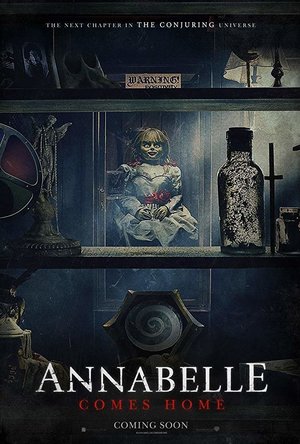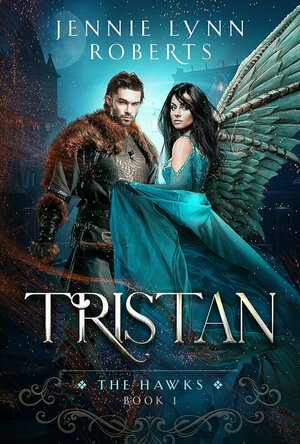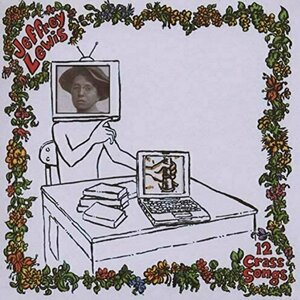
Unbuilt Utopian Cities 1460 to 1900: Reconstructing Their Architecture and Political Philosophy
Book
Bringing together ten utopian works that mark important points in the history and an evolution in...

Adobe Lightroom and Photoshop CC for Photographers Classroom in a Book: 2015
Book
This official Adobe tutorial shows photographers and photography students how to use Adobe Lightroom...
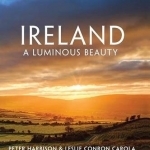
Ireland - A Luminous Beauty
Peter Harbison and Leslie Conron Carola
Book
Island light is magical. And none more so than Ireland's. Ireland's light floods the landscape,...
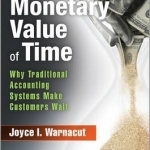
The Monetary Value of Time: Why Traditional Accounting Systems Make Customers Wait
Book
Although there are numerous books on alternative accounting methods, such as Lean accounting, none...
Charlie Cobra Reviews (1840 KP) rated Annabelle Comes Home (2019) in Movies
Jul 7, 2020
Four years after Ed (Patrick Wilson) and Lorraine Warren (Vera Farmigia) brought the Annabelle doll into their home, they leave Mary Ellen (Madison Iseman), a babysitter, in charge of their daughter, Judy (Mckenna Grace) while they investigate a case overnight. Mary Ellen's friend Daniela (Katie Sarife), sneaks into the artifact when she comes over uninvited and accidentally leaves Annabelle's glass case unlocked causing the terror that ensues.
This movie was pretty good. I liked it and thought that it was genuinely scary in certain parts for a PG-13 movie, but then afterwards I looked it up and saw that it was rated R. I don't feel that this movie lived up to its potential, it being rated R and also being in The Conjuring franchise. The plot felt very loose and not very put together and instead of being about the couple, it centered on their daughter. This I felt definitely made it feel a little scarier since she has none of the experience and knowledge of her parents when it comes to fighting these evil forces but I felt the audience was robbed of a better story the franchise could have told with the parents not really being involved at all. Also I felt that they tried to add too many ghosts/characters for one movie, which was kind of cool in certain ways but also seemed less because of it. All in all, if you like The Conjuring franchise you'll like this movie and I give it a 6/10.

Batik, Traditional Textiles of Indonesia: From the Rudolf Smend & Donald Harper Collections
Rudolf Smend and Donald Harper
Book
Batik occupies a special place in Indonesian culture. Each fabric has a rich story to tell--as a...
LeftSideCut (3776 KP) rated Villains (2019) in Movies
Mar 10, 2021
Villains is a witty, often funny, often dark thriller, with a sprinkling of horror for good measure. It's beautifully shot from start to finish and has fantastic performances all round from its small cast. Bill Skarsgård and Maika Monroe are extremely likeable "protagonists", as two amateur crooks on the run after robbing a gas station hoping to gather enough cash to start a new life together. The chemistry between the two of them is wonderful. When they run out of fuel during their getaway, they break into a nearby house in an attempt to either siphon some gas, or straight up steal a car but are quickly embroiled in a life or death situation when the homeowners return, two people who aren't quite as they seem. Jeffrey Donovan and Kyra Sedgwick are just as great as the two homeowners, both playing up their parts with villanous glee. Donovan's character may just be one of the most likable "bad guys" in recent history.
What follows is an incredibly entertaining and suspenseful film, with a few shocks and the odd splash of violence. The screenplay is brilliant, the pacing is perfect, and the music score is beautiful.
Underneath all of the craziness though, is a story I found to be incredibly sad. None of these people are perfect, some worse than others, but even the worst of the bunch aren't completely awful. These characters are well fleshed out, and are easy to sympathise with. This ensures some well earned emotional moments that really land and the cast are just fantastic sharing the screen together.
I wasn't quite sure what to expect from Villains but it really got me. I can safely say it's one of my favourites of 2019, which is something considering how many excellent movies there were that year.
Merissa (13668 KP) rated Tristan (The Hawks, #1) in Books
Jul 9, 2021
After many years of war, a chance of peace happens, before betrayal takes over. This devastates Tristan as it looks -- and he is told by his king -- that his best friend is one of those responsible. He is sent away from the main city as penance for 'allowing' the old king to die. Whilst he and his men are gone, lots of changes take place, and none of them good.
What a brilliant story!!! Now, as an unbiased reader, I can tell you I was shouting at my kindle when Tristan believed the prince. I mean, come on, but Tristan was honourable and loyal, and his vow to the king was everything. Nim is Val's sister and believes him to be innocent. Of course, this may have something to do with the way she is treated by the king and his chancellor. When she escapes them, the only thought in her mind is to save her brother. Once she is captured by Tristan and his men, things get really interesting.
The world-building is simply sublime! Details are given in passing that you won't even need to think about, just because they simply are! Wings, scales, healing, you name it. I just want to know more! It is a fast-paced story that takes you on a steamy, and sometimes violent, adventure - where good is good and bad is downright horrible.
As a first book in a series, it's amazing. As a debut novel, it's astounding. I was captured by this world, and the characters who live there, and I really can't wait for more. Absolutely fantastic and highly recommended by me.
** same worded review will appear elsewhere **
* A copy of this book was provided to me with no requirements for a review. I voluntarily read this book, and the comments here are my honest opinion. *
Merissa
Archaeolibrarian - I Dig Good Books!
Jarvis Cocker recommended 12 Crass Songs by Jeffrey Lewis in Music (curated)
Debbiereadsbook (1633 KP) rated Kill Shot (The Fighting Detective #1) in Books
Jul 12, 2021
A step out of my comfort zone, but a very welcome one!
Jack is from London, but has relocated clear across the globe after *something* happened. He and his partner are now tasked with finding out where the missing MMA fighter is, and who killed the trainer.
Jack is. . .interesting! He's not a perfect detective, not by any means, but I think, in his own way, his heart is in the right place. In JACK's right place, you know? Lots of hints and clues and titbits abotu what happened in London to send him running to Australia, but I didn't get the FULL picture, not really. And I really really want it! I think, this might be the only reason that I didn't give it 5 stars, was because I wasn't putting the clues and hints together well enough.
Oh, wait, no. there was another point I want to make. Claudia, Jack's partner, gets a chapter. Just the one. And I wanted more of her, or none of her. that one chapter had my hopes up of a dual point of view, and it's not, not really. One chapter is a tease! So in future books, can we have MORE Claudia, please??
The case of the MMA fighter and missing trainer is well laid out, and I wasn't sure which way it was gonna go til the end, so I was fully engaged and kept on my toes. Thoroughly kept on my toes, if I'm honest and that's a rare thing these days!
This is a step out of my comfort zone, I tend to mostly stick to romance of some description, so the blurb most have grabbed something at me for me to request it. I have not a clue what that was, but I'm very pleased it did.
I'd like to follow Jack and Claudia, they are good together!
4 good solid stars
**same worded review will appear elsewhere**
